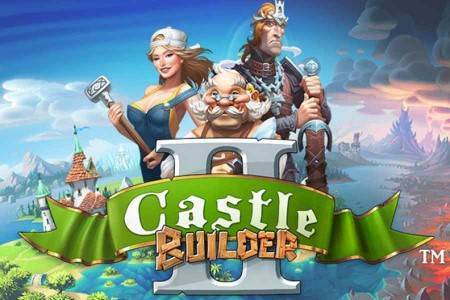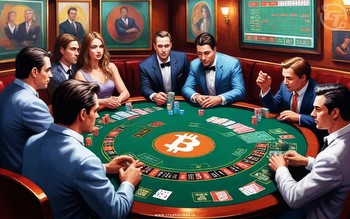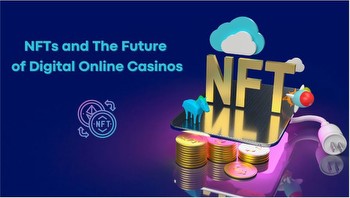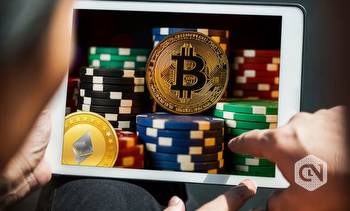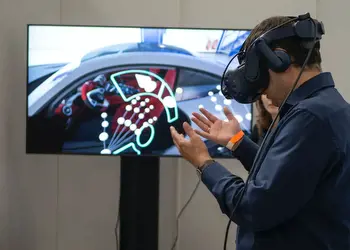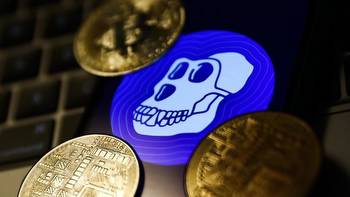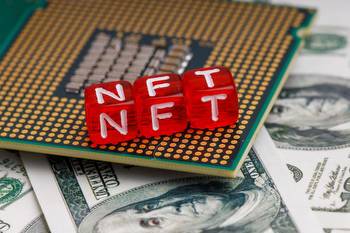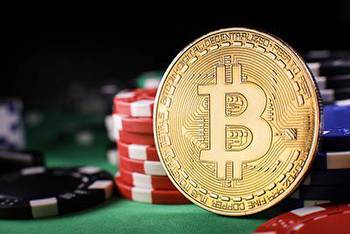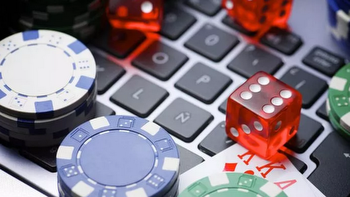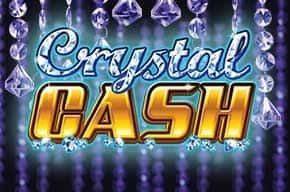Harnessing the Potential of NFTs in the World of Online Gambling
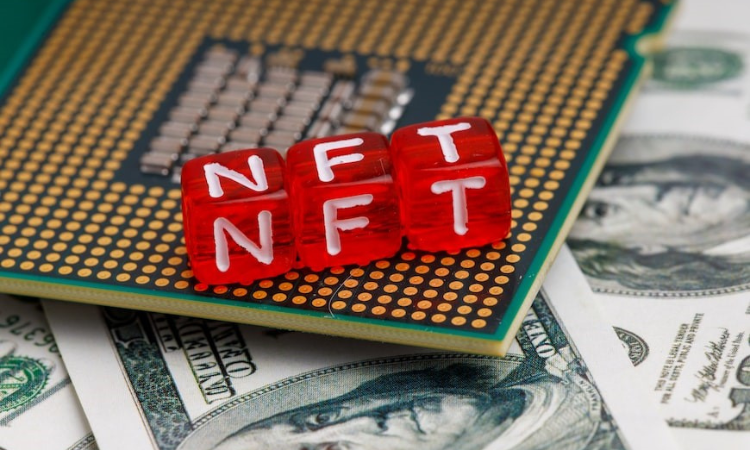
There's a new player in town that promises to revolutionize the gambling industry like never before - NFTs! If you've been following recent trends, chances are you've heard about non-fungible tokens (NFTs). From digital art to virtual real estate, NFTs have made headlines for their ability to authenticate and tokenize unique assets on the blockchain. But what if we told you that these digital marvels could find their perfect home in the realm of online gambling? Read on to find out more.
The Potential Use of NFTs in Online Gambling
NFTs, or non-fungible tokens, have taken the world by storm with their revolutionary potential. While they are commonly associated with digital art and collectibles, their applications extend far beyond that. For instance, NFTs recently functioned as the tickets for BlockDown Croatia, the first NFT-enable web3 festival. But an industry where NFTs could truly make a mark in is the realm of online gambling.
In fact, its influence on online casinos can already be felt on major casino platforms, for instance, Betfair has an NFT-inspired game called NFT Megaways. But imagine being able to own unique virtual assets such as rare poker chips or tokens from some of the great slots online through NFTs. These one-of-a-kind items could be bought, sold, and traded on blockchain platforms, adding a new dimension to online gambling experiences. Players would have the opportunity to showcase their valuable collections whilst enjoying their favorite casino games.
Furthermore, NFTs could enhance transparency and fairness in online gambling just like they already do in other sectors. By utilizing blockchain technology, each transaction can be recorded securely and publicly verified. This ensures that players can trust the integrity of the games they participate in.
Additionally, NFT-based rewards systems could revolutionize loyalty programs within online casinos. Instead of earning generic points or bonuses that hold value only on a specific platform, players can earn valuable digital assets that can be exchanged for tangible goods or even sold on secondary markets.
Of course, integrating NFTs into online gambling platforms requires collaboration between developers experienced in both blockchain technology and iGaming industries. Creating user-friendly interfaces for purchasing and trading these virtual assets will also play a crucial role in driving adoption among mainstream users.
The Pros and Cons of Using NFTs in Online Gambling
As advised above, NFTs offer a unique and transparent way to verify the authenticity and ownership of digital assets in online gambling. With NFTs, players can be confident that they are receiving fair odds and payouts as the blockchain technology behind NFTs ensures transparency and immutability.
Additionally, NFTs provide an opportunity for players to collect rare and valuable virtual items within the gambling ecosystem. This would only elevate the user experience by adding collectibles, possibly even increasing the fan base of both NFTs and online casinos.
However, there are also some potential drawbacks to using NFTs in online gambling. One major concern is the volatility of cryptocurrency prices which could affect the value of NFT assets held by players. Moreover, since NFTs rely on blockchain technology, any technical glitches or security breaches could disrupt gameplay or even compromise personal information.
Another challenge is ensuring regulatory compliance as governments around the world have different stances on cryptocurrencies and online gambling. This creates a complex legal landscape that operators must navigate when incorporating NFTs into their platforms.
Moreover, while NFT integration may attract tech-savvy individuals who appreciate innovation, it might alienate traditional gamblers who may prefer more familiar forms of entertainment.
From rare virtual items in games to collectible cards and even virtual real estate, NFTs provide an avenue for players to enhance their gaming experiences. And while they provide opportunities for increased player engagement and monetization options for developers, there are also concerns surrounding scalability issues and the environmental impact. Thus, as with any emerging technology, it's crucial to stay informed about current trends to ensure that individuals make educated decisions when incorporating these digital assets.







